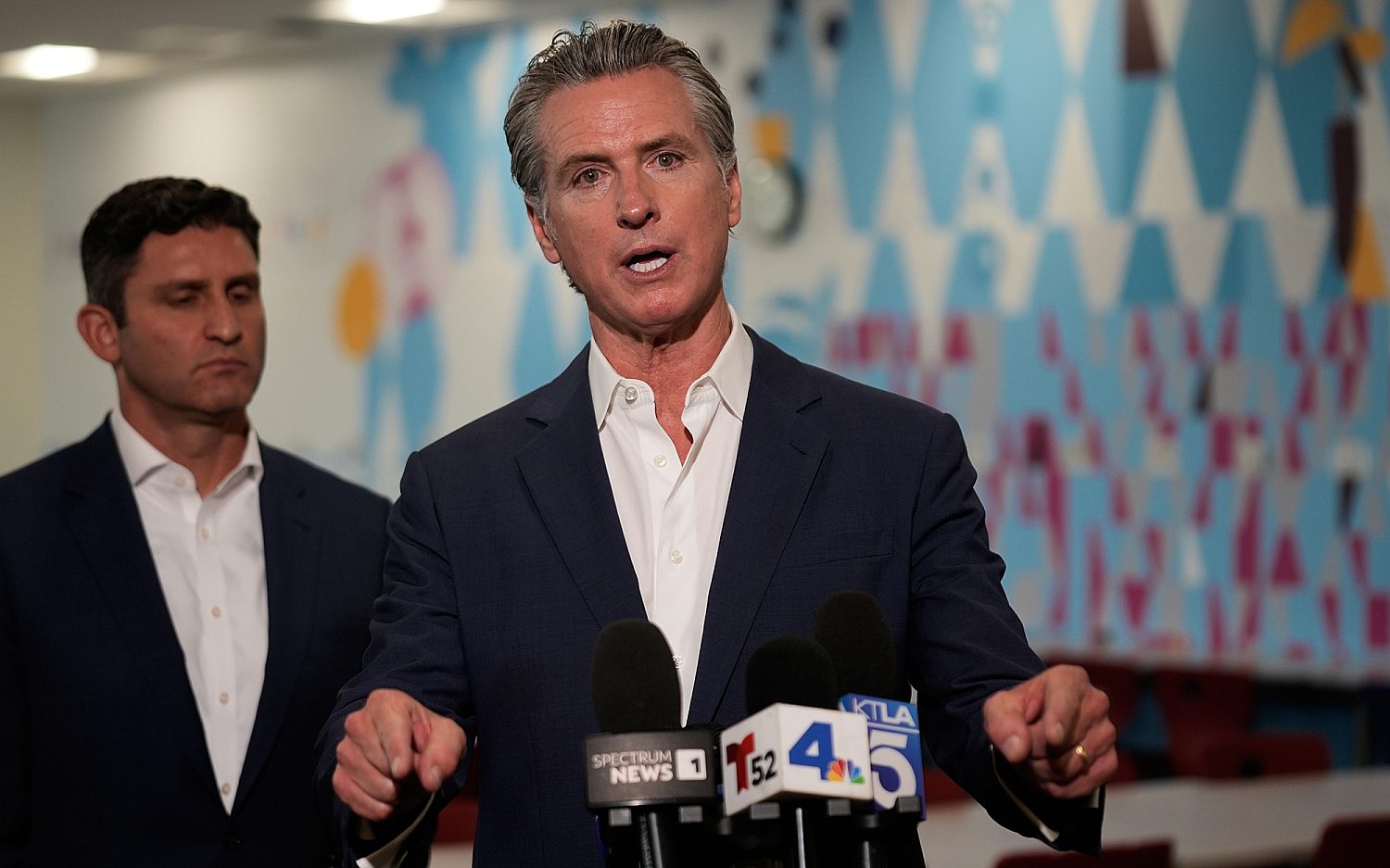Election cheat sheet
Today's presidential election tries to overcome threatened violence and possible voting irregularities
Ex-government officers brag of selling fake voter registration cards for $20 on the streets. Insurgents pledge to cut off the ink-stained index fingers of those who vote. Afghanistan, for better and for worse, today holds its second election since U.S. forces invaded and ousted the ruling Taliban in 2001.
And while continued fighting and irregular voting could force the Aug. 20 poll into a runoff -or worse, force a recall-the news from Kabul on the eve of voting was not all bad. In fact, the bullying of Taliban factions is evidence that this visible sign of democracy is putting a squeeze on their resurgence. And despite the threats of Islamic militants, about 16 million-half the country's population-have registered to vote. Thirty-eight percent of those registered are women, remarkable in a country with Afghanistan's recent history of suppressing females from holding jobs and gaining an education.
Today's polling takes place across the country but involves only the office of the president, currently held by Hamid Karzai. Candidates are running for a five-year term of office, with the most recent election held in 2004. Parliamentary elections are scheduled for next year.
Karzai faces a field that includes 41 candidates but only two main contenders to his continued presidency: Ashraf Ghani and Abdullah Abdullah.
Ghani, exiled in the West until the fall of the Taliban, once wrote a book about failed states and has been heavily involved in Afghan reconstruction. He has run the most intellectual campaign of the three leading contenders, variously dressing in a Western suit and traditional Afghan robes. Abdullah, an ophthalmologist who served as foreign minister to Karzai, has appeared strongest on the campaign trail and is thought to be running second behind Karzai. Fluent in French and English, he was an ally to Ahmed Shah Massoud, who was assassinated by the Taliban on the eve 9/11 attacks.
All have campaigned with vigor both on the stump and in televised debates. Though Karzai is the favorite, experts predict that in this wide field-and given charges of corruption leveled against his presidency-he is unlikely to win the more than 50 percent threshold of votes needed to avoid a runoff.
Ahmed Rashid, a journalist who has covered the region for three decades, called today's elections "critically important," not only to Afghans but also to the Obama administration, which has called for an "aggressive and innovative" approach to the war effort that includes renewed reconstruction. Those efforts will only succeed as these elections do. In a briefing with the Council on Foreign Relations, Rashid said, "It is absolutely imperative that political stability is there in order to carry out many of the reconstruction elements that the international community and the Afghans want. Political stability needs legitimacy, and a legitimate government is central to that."
The Independent Election Commission of Afghanistan, taking careful steps to establish initial legitimacy, reported on election eve that "all electoral materials have arrived in the provincial capitals and are stored at IEC warehouses under strict security." It also noted that it has issued over 250,000 badges for election observers. Among those accredited to monitor voting: 21 domestic groups, 23 international groups, 49 national media organizations, 138 international media outlets, and 31 political parties.
An actual newsletter worth subscribing to instead of just a collection of links. —Adam
Sign up to receive The Sift email newsletter each weekday morning for the latest headlines from WORLD’s breaking news team.





Please wait while we load the latest comments...
Comments
Please register, subscribe, or log in to comment on this article.